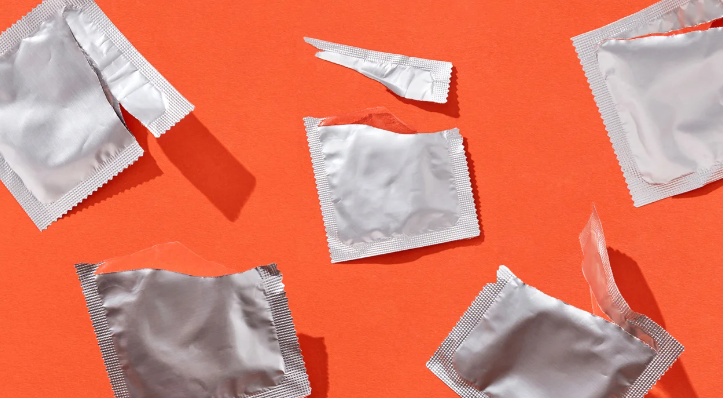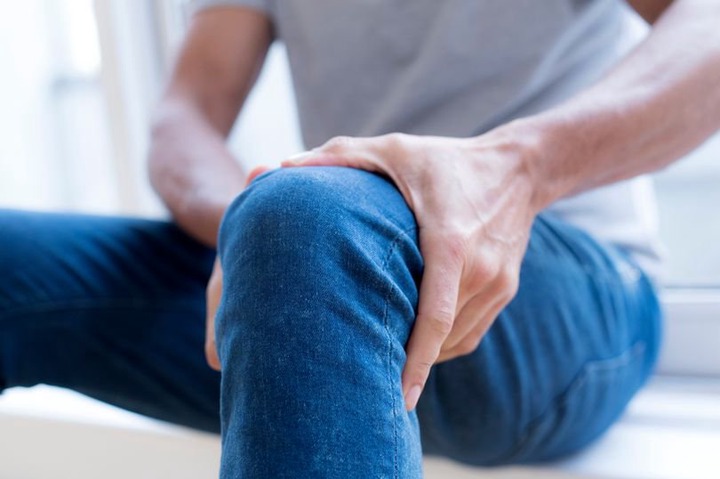
If you’ve had sex without a condom or a sexual experience where the condom broke, try not to panic. Things happen, and you’re far from the only person to go through either of these experiences. What you do need to remember, though, is that there are a few risks associated with these sexual events. But there are plenty of steps you can take to address those risks so that you remain protected and sexually healthy.
If you notice that the condom broke, stop any sexual activity and move away from your partner.
If you’ve had sex without a condom, remember that there are a few things you can do immediately to help.
Use the bathroom
First, head to the bathroom to remove lingering fluids from the vagina, penis, or anus.
This can make you feel more comfortable and help remove bacteria that could result in urinary tract infections (UTIs).
You can sit on the toilet and push down with your genital or anal muscles to push out any remaining fluid. Peeing can also help.
Just know that if you have a vulva and have had penis-in-vagina sex, peeing won’t remove the risk of pregnancy. That’s because sperm has already traveled toward the egg.
Don’t douche, but do wash up
It’s a myth that genital areas need a thorough cleanse after sexual activity.
While washing and drying genital areas can further increase your comfort, vaginal or anal douching can actually put you at increased risk of an infection.
This is because douching products can cause irritation and inflammation.
So if you want to wash, simply have a shower or use lukewarm water to splash the area.
Check in with yourself
Make sure you take time to ask yourself how you’re feeling.
It’s normal to experience a wide range of emotions after sex without a condom, whether that’s worry, anger, or sadness.
Try to speak to friends or family about the situation so that they can support you.
If you aren’t comfortable speaking to anyone you know, consider reaching out to Planned Parenthood or the National Coalition for Sexual Health for help.
Plan out your next steps
Once you’re feeling more comfortable, it’s a good idea to think about what to do next.
If you need emergency contraception (EC), have a look at where your nearest pharmacy is and its opening times. Some forms of EC are available are over-the-counter and don’t require a doctor’s prescription.
If you’re concerned that you may have been exposed to a sexually transmitted infection (STI) or HIV, book an appointment with a doctor or sexual health clinic.
Remember that you only need to have oral or penetrative sex with someone once to contract an STI.
Watch for symptoms
While some STIs can be symptomless, others may show up in the form of sores, itchiness, smelly discharge, or pain when urinating.
Keep an eye on your genitals, anus, and mouth area, and schedule an STI test if you notice anything unusual.
Accidents happen and, in some cases, you may intentionally choose to have sex without a condom.
If you’re at all worried about the potential consequences, prepare yourself by considering the following.
Barrier methods
Reduce your risk of contracting an STI with a barrier method.
This includes condoms, gloves, and dental dams for oral sex.
When using condoms, check that they aren’t expired and avoid opening the packaging with sharp objects to prevent accidental nicks or cuts on the surface.
Secondary contraception
While condoms will help protect against STIs, they can cause some issues if used as contraception.
If you want a more reliable method, think about using an additional form of birth control, whether it’s a pill or a more long-term method like an IUD.
Regular STI screening
Getting tested for STIs on a regular basis is vital for your sexual health. You can book a test with a healthcare professional or through a sexual health clinic.
It’s wise to get tested at least once a year. If you have multiple partners, consider upping thisTrusted Source to every 3 or 6 months.
Remember to be honest and open with your partners, too.
Whether you’ve knowingly had sex without a condom or experienced an accident with a condom, there are plenty of steps you can take to look after your sexual health and protect against pregnancy.
Keeping yourself protected on an ongoing basis is simple, too. All you need is a barrier method and reliable contraception.
Source : healthline.com




